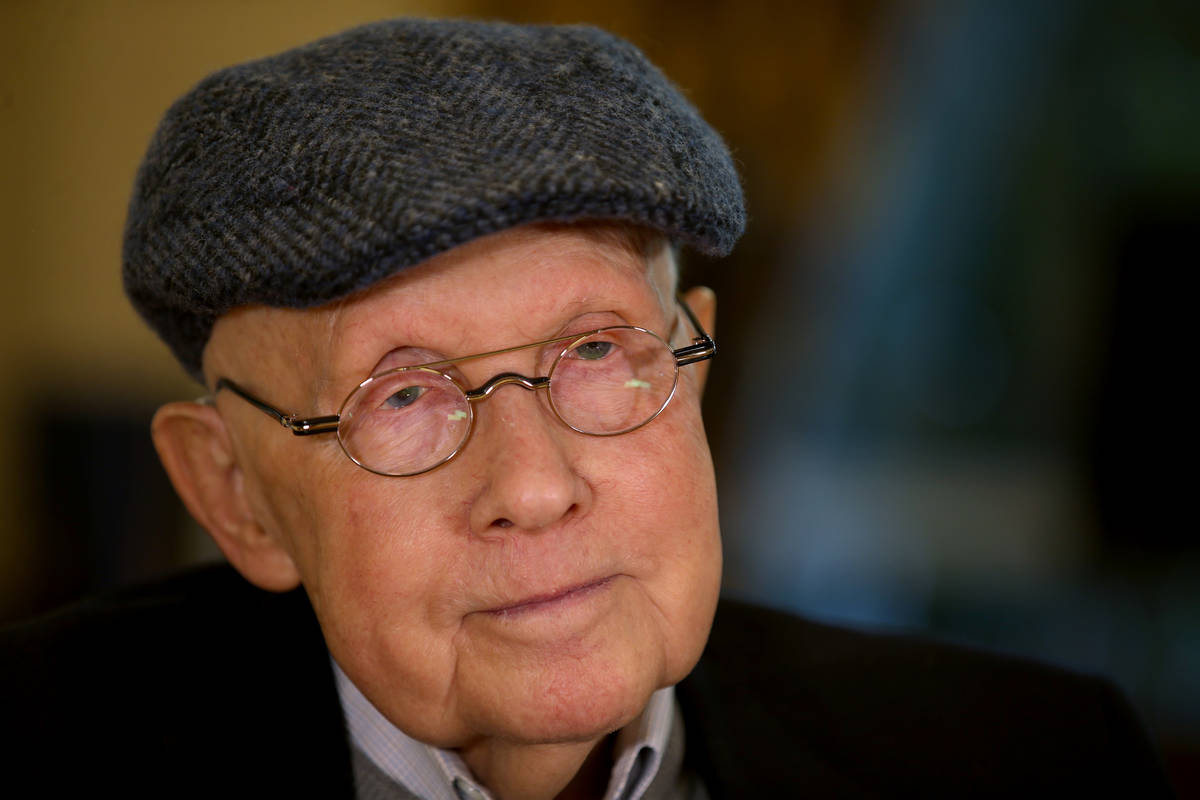Harry Reid credits experimental drug for pancreatic cancer recovery
WASHINGTON — Former Senate Majority Leader Harry Reid credited an experimental drug for his recovery from pancreatic cancer during a television interview on Thursday.
Reid, 80, told the Review-Journal and other national and local media outlets last year that his pancreatic cancer was in remission.
On Thursday, during an interview with Fox Business Network, he elaborated and said an experimental drug and treatment by Dr. Patrick Soon-Shiong eliminated his cancer with minimal side effects.
“I feel like a million bucks,” Reid told “Mornings with Maria” in the cable television interview.
Soon-Shiong’s company, ImmunityBio in El Segundo, California, and NantKwest Inc. have been selected by the Department of Health and Human services to develop a vaccine for COVID-19.
There are other companies working with the federal government in a program called Operation Warp Speed to rush a vaccine to public use to fight the coronavirus.
Soon-Shiong — who in addition to his pharmaceutical companies has owned the Los Angeles Times and San Diego Union-Tribune since 2018 — said the process develops a killer cell in the body to attack the virus. He said it has been used to fight different types of cancer.
Reid said the process has left him feeling great. He called Soon-Shiong a genius and said the treatment would give hope to others suffering life-threatening diseases.
“Cancer’s a bad word, but don’t let it get you down,” he said.
Reid’s 30-year Senate career ended following a 2015 accident with an exercise band, which Reid claimed malfunctioned and left him blind in his right eye. He did not seek re-election in 2016.
In 2018, doctors diagnosed Reid with pancreatic cancer and he immediately began treatment.
He said during the cable television interview Thursday that he was now cancer-free.
Reid told the Review-Journal in 2019 that he was “really doing well” following treatment of pancreatic cancer but continued to have trouble with mobility and depth perception due to other injuries.
He uses a wheelchair and said he hasn’t been “behind the wheel” of a vehicle in 25 years.
“You are lucky I’m not driving,” Reid said then.
Contact Gary Martin at gmartin@reviewjournal.com or 202-662-7390. Follow @garymartindc on Twitter.


















